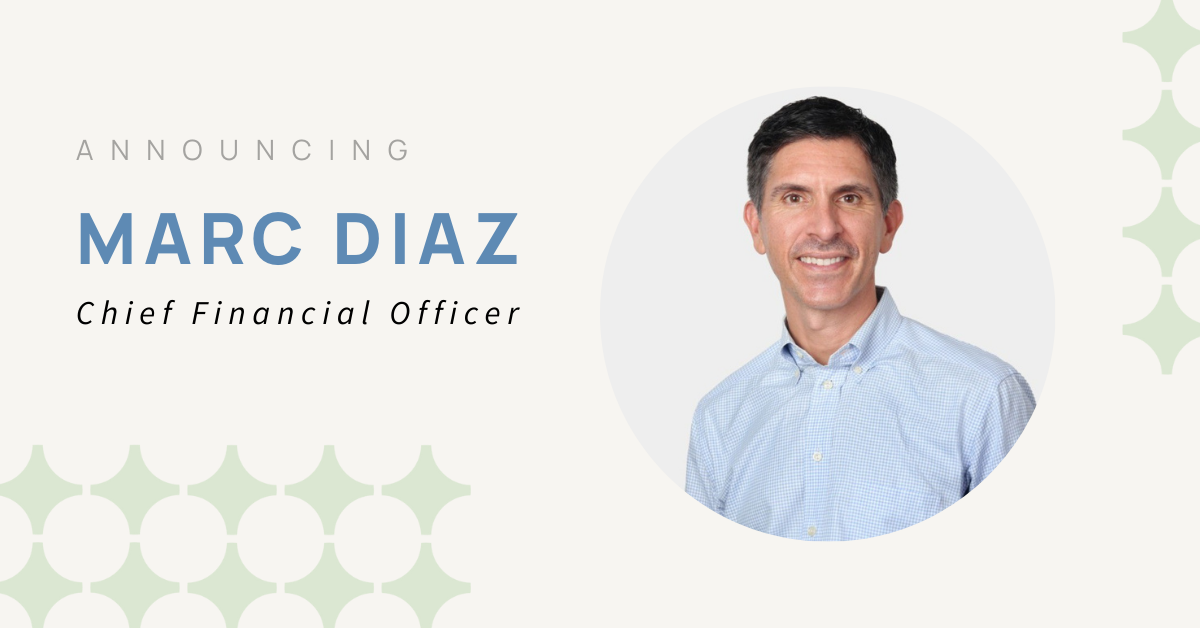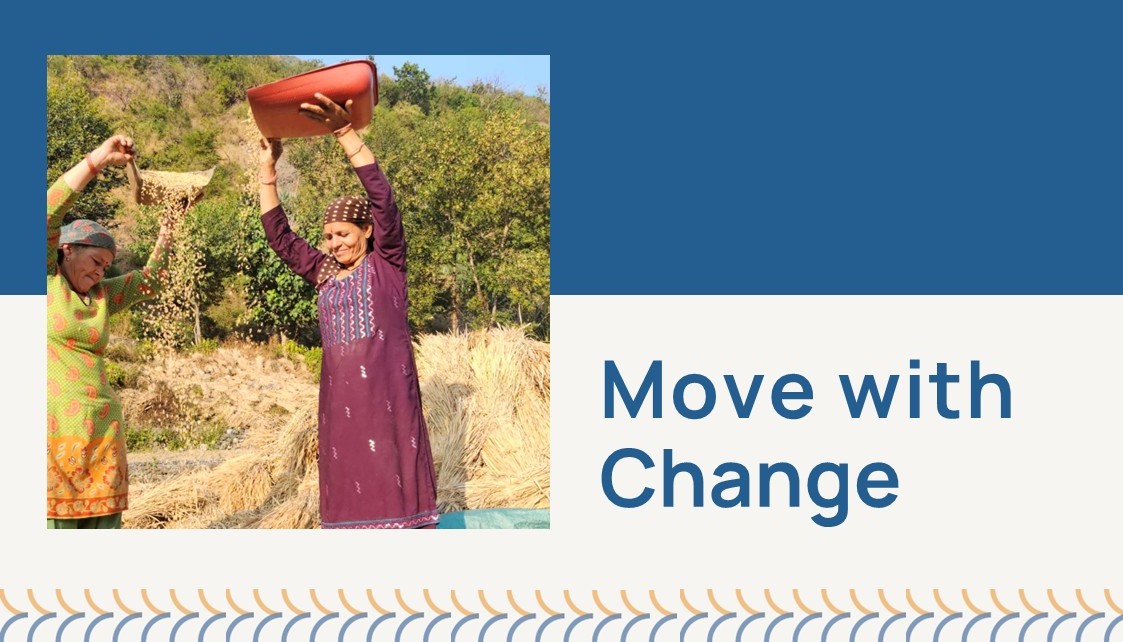When President Trump took office earlier this year, he immediately launched a flurry of executive actions and policy changes – changes we knew could impact the landscape in which RSF and our borrowers operate.
So earlier this spring, we leaned into relationship and our borrowers’ expertise in their own industries, surveying our borrowers to determine how these policy changes might affect our collective work to change finance and finance change.
TL;DR: RSF is not directly impacted by these changes so far. Some of our borrowers are. But by remaining flexible, leaning into relationships, and doubling down on impact, we are working together to ensure that the social enterprises we support can continue their vital work to build a regenerated world.
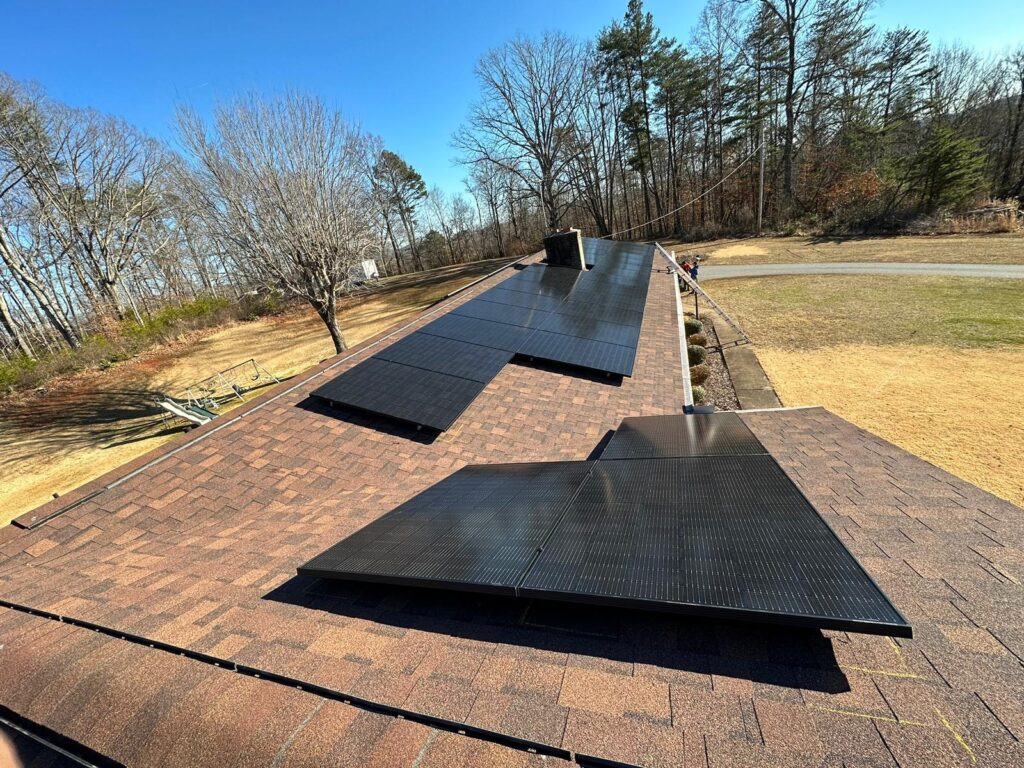
Give me the big picture. Are federal policy changes drastically impacting RSF?
Thankfully, no. RSF is entirely funded by private donors and investors who share our mission to change finance and finance change. We receive no funding from the federal government, and are not directly impacted by federal budget cuts.
What about RSF’s borrowers?
Some of our borrowers have been directly impacted by policy changes. However, we’re seeing across the portfolio that both RSF and our borrowers’ proactive risk management strategy are mitigating those impacts – and ensuring that borrowers continue to manage their loans effectively and achieve their missions.
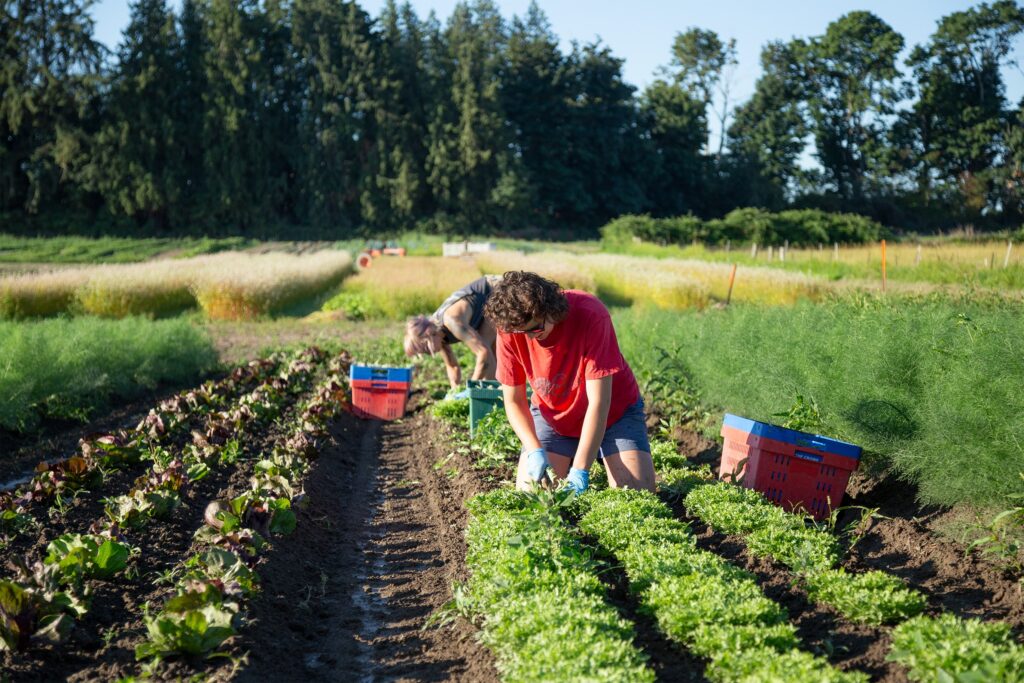
Which policy changes is RSF keeping an eye on?
Tariffs. Tariffs are making it more expensive to import goods from other countries. This primarily affects two different groups of borrowers: social enterprises in our food and agriculture portfolio that import sustainably produced food products from farmers in other countries, and solar developers in our climate and energy portfolio that import raw materials and solar panels from other countries.
Funding cuts. Nonprofits in several of our focus areas rely on federal funding for a portion of their budgets. A few of the nonprofits in our portfolio have seen their funding frozen or cut, and have had to recuperate funding by seeking private donations.
Education policy. The new administration’s actions have cut funding for public education and promoted “school choice.” We’re monitoring these changes closely, as educational institutions represent more than a quarter of RSF’s portfolio. However, the majority of the schools in our portfolio are Waldorf schools that are privately funded and therefore aren’t directly impacted by budget cuts to public education.
How are RSF borrowers responding?
Tariffs. Borrowers that depend on goods from other countries are remaining flexible: changing supply chains to countries with lower tariffs, raising prices for their consumers to balance budgets, relying on stockpiles they built up when costs were cheaper, and keeping a close eye on tariffs that will inevitably change. They also remind us that that they have faced tariffs before – and reassured us that they remain laser-focused on impact.
Funding cuts. The few nonprofits in our portfolio that have lost federal funding are launching fundraising campaigns to recoup that funding through private donations. They acknowledge that this has been challenging – however, they’ve also been successful at demonstrating their impact to new supporters and raising the money they need to continue. Read the story of how our borrower Viva Farms quickly pivoted to raising money from individual donors to fund their essential programs for farmers.
Education policy. The privately-funded schools in our portfolio are thankfully not seeing many direct impacts yet. They are keeping an eye on enrollment numbers – which they’ll have a more complete picture of later this summer – to understand whether their annual budgets for the coming year will be affected.

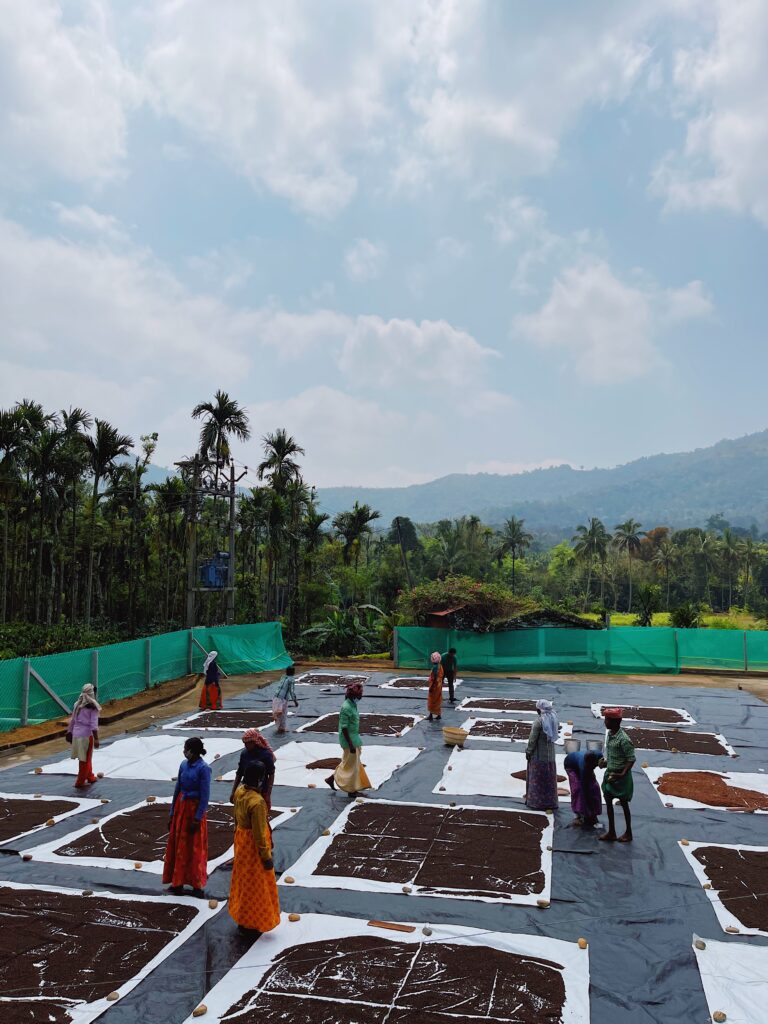

Borrowers who import goods – like the spices pictured here – are also affected by tariffs. Both RSF and the social enterprises we finance are quickly pivoting to respond to these ongoing challenges. Photos by Diaspora Co.
How has RSF been responding?
First and foremost, by leaning into the deep relationships that make our partnerships with borrowers so successful. Regenerative finance encourages us to think of finance not as a series of transactions, but as a means to build relationships.
We honor this principle by practicing relationship-based lending, where we regularly check in with our borrowers, remain flexible in the face of change, and ensure that they have real relationships with real people in our organization. In a recent example, we sought ways to support Viva Farms beyond financing, offering them a one-on-one fundraising workshop and highlighting their efforts in our communications.
This relationship-based approach feels better. It’s more equitable. And it’s great risk management. Because we already have close relationships with our borrowers, we were able to get a clear understanding of how these policy changes might affect them within just a few weeks of those policies being enacted.
Additionally, we continue to practice fundamental risk mitigation tactics. For example, we structure deals with solar developers across multiple projects in varying states, diversifying our project and geographic risks.
Going forward, we are mitigating our own risk by keeping a close eye on factors that could impact borrowers, such as school enrollment, cuts to federal programs, and shifting tariffs. At the same time, we’re doubling down on our focus areas of regenerative agriculture, renewable energy, education, and community impact.
The organizations that seek impact in these spaces have proven that they are critical for strong communities and a regenerated planet – and they need funding from institutions like RSF to achieve their missions. We’re not going to back away from our work to give these organizations the resources they need to thrive.
—
No matter the political context, regenerative social finance offers a path towards an economy that’s sustainable and just. On our website, learn more about how you can invest in this future, donate to regenerative causes, or acquire financing for your social enterprise.

